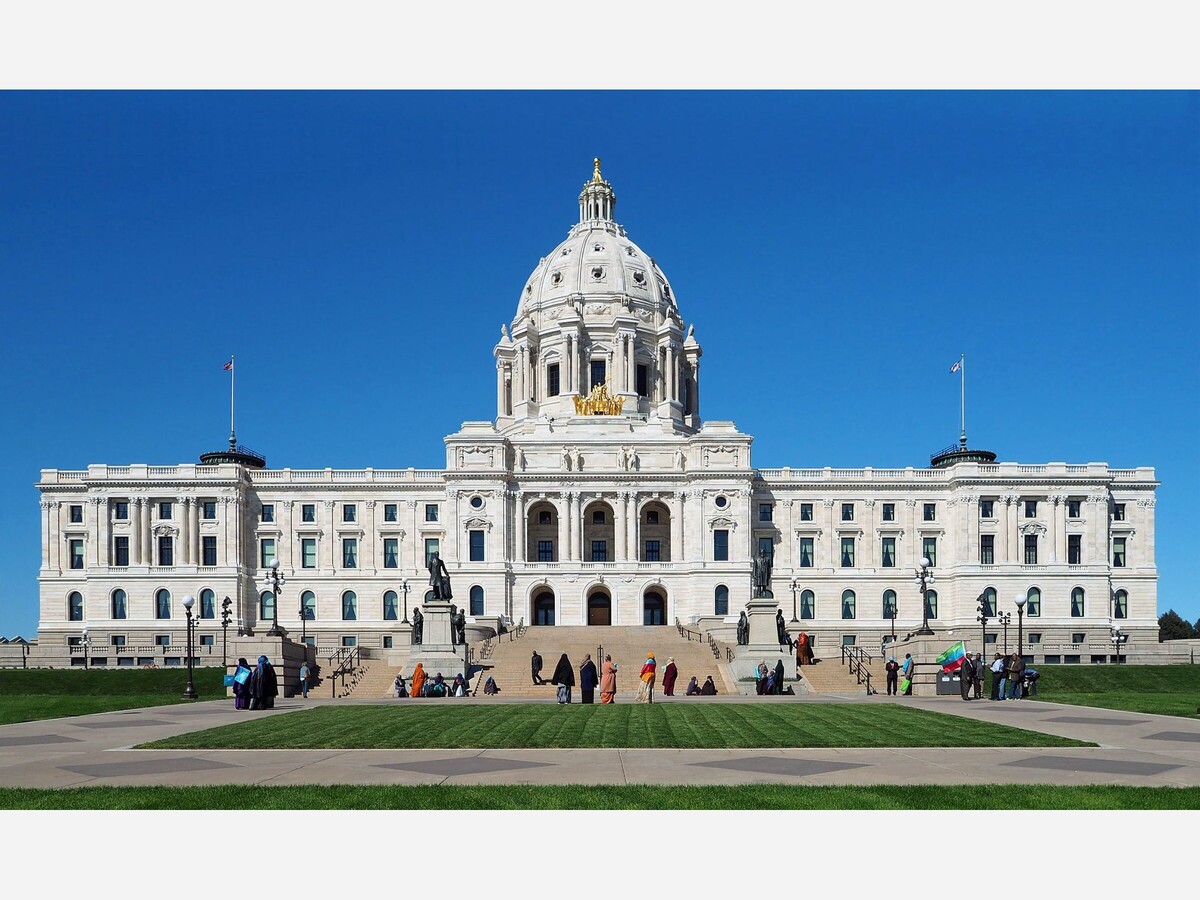Image


ST. PAUL, Minn. — In a somber but determined return to legislative business, the Minnesota House Fraud Prevention and State Agency Oversight Committee convened Tuesday for its first official meeting since last month’s deadly attack on lawmakers and their spouses—a politically motivated shooting that shook the state Capitol.
The hearing, focused on Medicaid oversight and fraud prevention, came just weeks after the assassination of DFL Speaker Emerita Rep. Melissa Hortman and her husband, Mark, and the near-fatal shooting of DFL Sen. John Hoffman and his wife, Yvette. Sen. Hoffman, who was shot 17 times, is now recovering in a rehabilitation facility after being moved from intensive care earlier this week.
“We just want to acknowledge that is still a process we are all dealing with and grieving,” said Committee Chair Rep. Kristin Robbins (R–Maple Grove) at the start of the hearing. “It’s important for us as a body to show the public that the work of the Legislature continues, and I think we are honoring [Speaker Hortman] by continuing our work.”
A growing memorial remains outside the House chamber in tribute to Hortman’s 20 years of legislative service. She was the first woman to lie in state at the Minnesota Capitol, alongside her husband and their golden retriever, Gilbert, who also perished in the attack.
“The work we do here is really about people,” said Rep. Dave Pinto (DFL–St. Paul) during the meeting. “It actually feels appropriate that we’re having this hearing at this time. Medicaid is about making sure people have health care and successful lives—exactly the values Melissa pushed us to uphold.”
Shireen Gandhi, temporary commissioner of the Department of Human Services, testified before the House Fraud Prevention and State Agency Oversight Policy Committee July 8. (Photo by Michele Jokinen)
Tuesday’s informational hearing featured testimony from officials at the Minnesota Department of Human Services (DHS), including Acting Commissioner Shireen Gandhi and the agency’s newly appointed Inspector General. They outlined internal safeguards and newly enacted legislative measures aimed at curbing fraud in public assistance programs such as Medicaid and MinnesotaCare.
“We know that fraud hurts the people who need these services,” Gandhi told lawmakers. “Program integrity work is a high priority for DHS and the Walz-Flanagan administration.”
Key legislative updates this year include:
The agency also highlighted internal reforms, including the hiring of an agency-specific Inspector General, a position designed to provide independent oversight of program integrity within DHS.
While some lawmakers welcomed DHS’s internal reforms, a bipartisan coalition is advocating for the creation of a new, independent Office of Inspector General with broader jurisdiction across all state agencies—a measure that failed to pass during the 2025 legislative session.
Rep. Walter Hudson (R–Albertville) questioned Gandhi on her previously expressed concerns that a separate, statewide OIG could potentially compromise investigations and violate federal compliance requirements.
“I’m wondering if you can expound upon that,” Hudson said. “I don’t quite see how those concerns present themselves plainly.”
Gandhi responded that DHS must retain its own inspector general, even if a statewide OIG is eventually established.
“We must maintain our federal obligations,” she said. “There may be a way to have both agencies coexist, but the details matter, and we need people who deeply understand them.”
Committee members also examined recent federal changes to Medicaid, passed in a Congressional tax and spending package earlier this year. DHS warned that the new provisions—including work requirements for certain enrollees—could strain administrative resources and potentially reduce federal funding by up to $500 million for Minnesota.
Medicaid is jointly funded by the state and federal government, with Minnesota spending approximately $18.5 billion on the program in 2024.
Rep. Isaac Schultz (R–Elmdale Township) defended the new federal guidelines, comparing Minnesota’s Medicaid costs to those of Colorado and Wisconsin, and emphasized the Republican belief in “the dignity of work.”
“If you’re an able-bodied adult, you should be contributing to our economy,” Schultz said. “There are huge opportunities for jobs across the state.”
Rep. Emma Greenman (DFL–Minneapolis), however, warned that the federal legislation—referred to by some as the “one big beautiful bill”—would result in widespread health care loss for vulnerable Minnesotans.
“We don’t have control over what the Republican big, terrible bill did,” Greenman said. “But we will have to deal with the impact. We must protect Minnesotans from being cut off from the care they need.”
While Tuesday’s hearing focused on oversight and fraud prevention, the moment was not lost on lawmakers who continue to mourn Speaker Hortman and grapple with the trauma inflicted on their colleagues.
The hearing demonstrated that the Minnesota Legislature, though grieving, remains committed to addressing systemic issues in public health care and holding agencies accountable.
“Melissa was a practical leader focused on the work of the institution,” Robbins said. “Continuing that work is the best way to honor her legacy.”